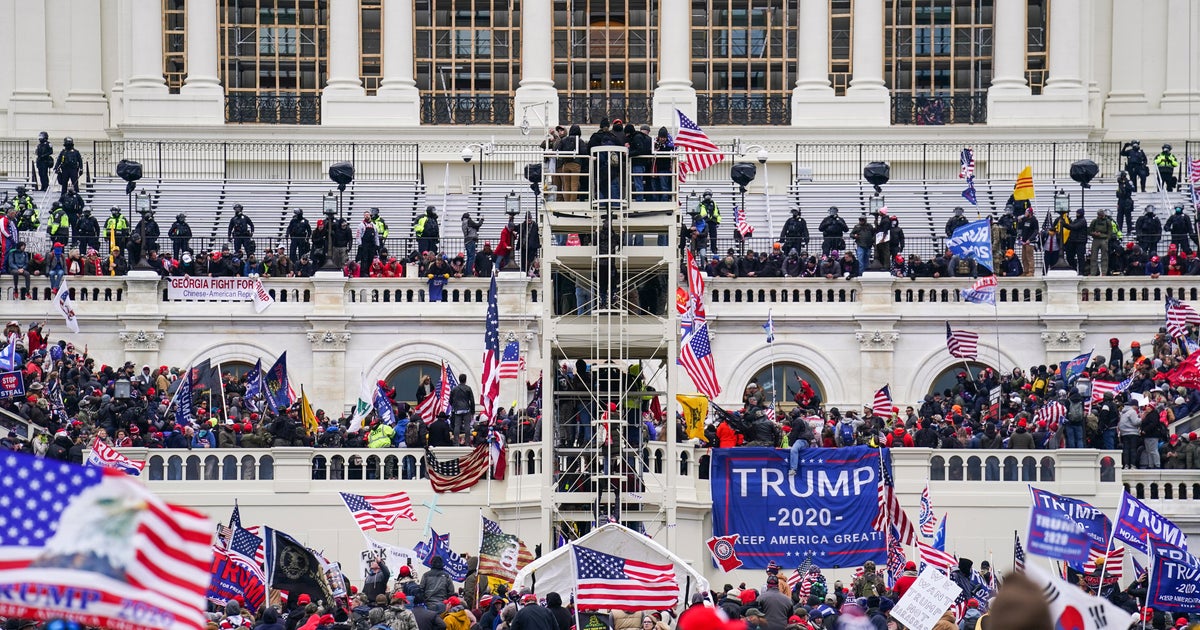Instead of coming face-to-face with Michael Cohen, Trump confronts emails and spreadsheets at New York trial
The original plan for Tuesday's proceedings in Donald Trump's civil fraud trial in New York would have had the former president coming face-to-face with one of his most prominent critics, his former attorney Michael Cohen.
Cohen was expected to be called to the stand with Trump in the courtroom, the former president's fourth appearance at the trial that is now in its third week. But Cohen is experiencing a health issue that meant he couldn't testify just yet.
So Trump was instead confronted with testimony about small, mundane details — brief emails, notes in a spreadsheet a thousand lines deep — that New York Attorney General Letitia James says were the building blocks for widespread fraud.
James' civil suit alleges that Trump, his children and the Trump Organization overstated the value of many of his real estate properties to get more favorable terms on loans and insurance. The state claims he made hundreds of millions in "ill-gotten gains" through falsely inflating his wealth. Judge Arthur Engoron, who is overseeing the case, already found the defendants liable for fraud in September. The trial is proceeding on several other accusations, including falsification of business records and conspiracy. Trump and his co-defendants have denied all wrongdoing.
Trump returns to court
The former president last attended the trial on Oct. 4. The day before, Engoron issued a limited gag order forbidding Trump from making online posts or other public statements about court staff. Trump had made a derogatory post about Engoron's clerk earlier that day.
Trump's absence from the proceedings was noted on Monday by Engoron, who quipped about the two sides "arguing in front of an empty chair." Before entering the Manhattan courtroom to fill that chair on Tuesday, Trump said, "I respect the judge, I like the judge."
"I like him, but it's not fair, because I don't know how he could make a fair decision on this," Trump said. "He's got all the Democrats pushing him left and right, pushing him around like a pinball."
The 2024 front-runner for the GOP presidential nomination heard testimony about compliance with USPAP — that's Uniform Standards of Professional Appraisal Practice. He then watched as an outside appraiser, hired by a bank that was considering giving Trump a loan, expressed surprise at seeing his name cited in notes in a Trump Organization dataset, as if he had advised the company on a $735 million valuation of its 40 Wall Street property.
"It's inappropriate and inaccurate," said the appraiser, Doug Larson.
Trump heard about how a weekly internal cash report was made. Then, an accountant who currently works at his company said she was instructed by an executive to value a building as if all of its units were rented, because at some point maybe they would be.
Later, the accountant was shown a series of emails related to lease agreements allowing Trump's daughter, Ivanka, the right to purchase two apartments — one for $8.5 million, and the other for $14.2 million. James' office claimed the company valued those apartments far higher on Trump's statements, at $20 million and $45 million, respectively.
Trump attorney Alina Habba criticized James and the case Tuesday, claiming the allegations of inflated valuations ignores an inherent value that the name "Trump" might bring to a property. That argument is central to Trump's defense.
"If you take Trump Tower and you take the Trump name off of that building and you put Letitia James' name on that building, it will not be worth what it was worth when Donald Trump owns it," Habba said, while speaking to press in a courthouse hallway.
In the afternoon, Trump's own attorney pressed Larson, the appraiser, on his professions' minutiae: the difference between market value and investment value, and whether appraisals and valuations were different.
Larson said appraisals must comply with USPAP — again, that's Uniform Standards of Professional Appraisal Practice.
Trump left the court soon after, about an hour before the day's proceedings concluded.
Trump left in his motorcade. Later, four of his and the company's attorneys boarded a crowded subway car headed uptown. At the other end was Larson.
"This is a real New York story," one of the lawyers said.
Cohen's testimony delayed
Cohen, who serves as a key witness in this case and Trump's unrelated criminal case in Manhattan, said in a statement to CBS News that he intends to appear in court as soon as possible.
"I am thankful the medical condition, while incredibly painful, does not require an immediate procedure. I anticipate appearing as soon as the pain subsides," Cohen said. "When I do testify, I am certain Donald will be in attendance, sitting with his lawyers at the defendant's table."
Outside court on Tuesday, Trump briefly criticized Cohen, saying he "didn't have the guts" to testify.
Cohen replied in a text message to CBS News.
"If I was afraid of Donald, I wouldn't have written 2 NYT bestsellers, testified before the Mueller team, seven congressional committees, 23 appearances before the Manhattan DA, and provided information to the NYAG that is the basis of this trial," Cohen said. "Looking forward to seeing you in court very soon!"





